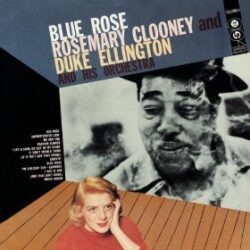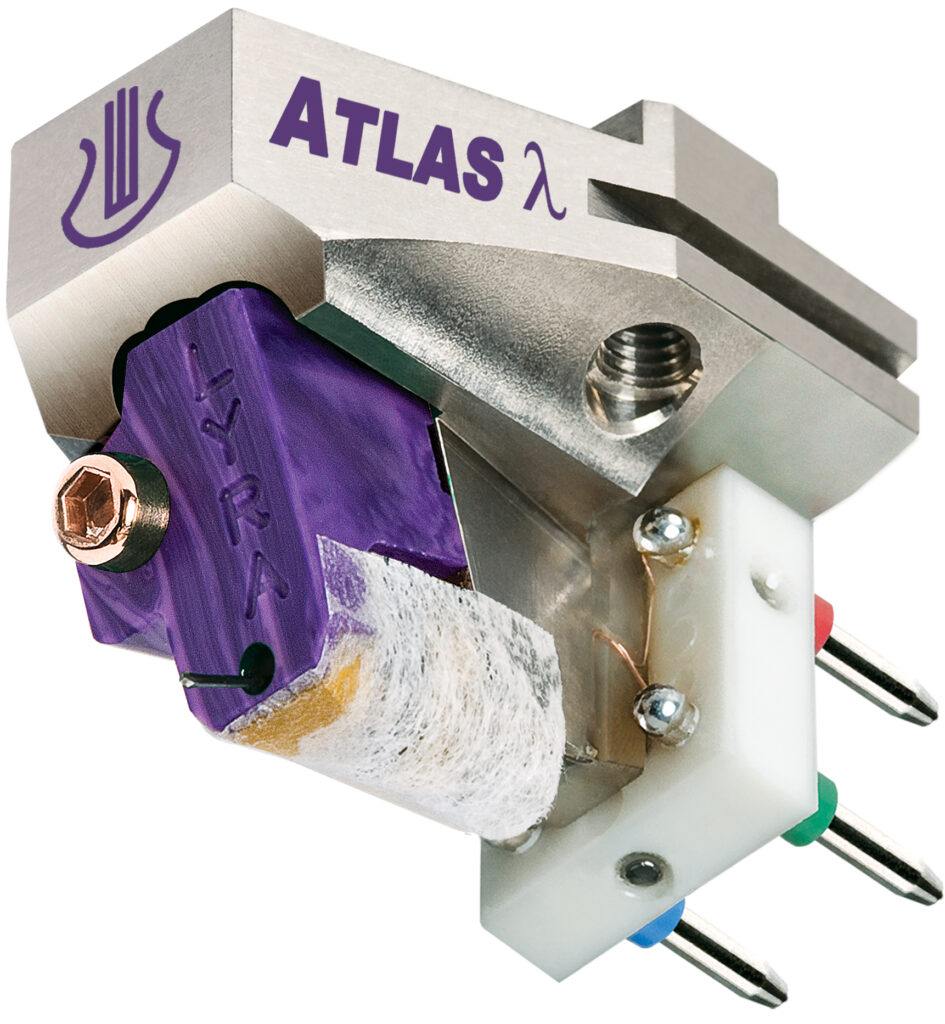Introduction
I have tried over the years to review products that interested me, which generally meant that they could be expected to sound good and interface well with my system. For the most part, that has worked well for me, even though some products were much better than others and some suited my system better than others. In all honesty, only a very few have been truly exceptional: certainly the Rockport Sirius turntable, the Audio Note UK Level 5 electronics, the Acapella Triolon speakers and, more recently, the EMM Labs MTRX amps. Now added to that short list is the Lyra Atlas Lambda SL. Each new Lyra flagship cartridge has been better than its predecessor, but for the most part the changes lay in strengthening in areas where the predecessor was already strong. The Lambda version of the Atlas SL is by far the best cartridge that I have ever owned and is a significant improvement over the earlier version of the Atlas. I can say this having owned many Lyra cartridges beginning with the Helikon and including the Atlas SL.
About four years ago I purchased a Lyra Atlas SL, which served as my reference for the next three years. Unfortunately, age and many hours of use finally took their toll. I spoke with the US importer (AudioQuest) about the possibility of having my cartridge re-tipped, only to find out that for about half the price of a new cartridge I could have my existing cartridge upgraded to a new Lyra Atlas Lambda SL. That was the good news; the bad news was that, due to the coronavirus and its impact on Japanese manufacturers, the rebuild took six months, during which time I auditioned and subsequently reviewed two other cartridges, the Top Wing Seiryu Blue Dragon and, most recently, the Ortofon MC Anna Diamond.
Several months ago, I installed the new Lyra Atlas Lambda SL in my Rockport turntable expecting a lengthy break-in. Surprisingly, the Atlas was extremely listenable after an hour, though with somewhat limited bass, dynamics and top-end extension. It was much improved after about twenty hours and showed further improvement up to about fifty-five hours. The remainder of the review will discuss the sound of the Atlas Lambda SL, how it differs from its predecessor, and why the higher gain version of the cartridge may be a better choice for many listeners.
Nuts and Bolts
First, you might ask how the Lambda mechanically differs from the earlier Atlas cartridge and if those differences impact the sound. The Lambda builds upon Lyra’s “New Angle” technology, which uses tapered dampers to pre-load the cantilever of the cartridge downward so that the application of vertical tracking force will better align the coil angle with the internal fixed magnets when the cartridge is playing a record. The Lambda upgrade separates the tapered damper into flat damping discs made of an elastomeric compound and adds a new support to serve as the cantilever preloading element, which much more accurately centers the coils in the magnetic fields produced by the fixed magnets and thus much more accurately and consistently produces what is recorded in the record grooves. In practice, this allows Lyra to tune each cartridge to tighter and more consistent tolerances and for the cartridges to better retain those tolerances over time. Outwardly the cartridge appears much the same except that the emerald green color accent has been changed to purple in the Lambda. A byproduct of these changes is that the cartridge has become even more sensitive to tracking force and stylus alignment. An adjustment of as little as 1/100 of a gram is audible.
Second, you might well ask how the SL version differs from the regular version and which is better in a particular system. SL is short for “single layer.” In this instance it refers to the coil winding, which is normally several layers but which in the SL is a single layer of wire. This lowers the moving mass of the coil, theoretically making it more responsive to stylus movement, which results in increased detail and accuracy. Unfortunately, there is an associated downside: fewer turns of wire means lower output and lower impedance of the coil, both of which make it more difficult to find a phono stage with sufficient gain and proper input impedance. One solution is to mate the Lyra Atlas Lambda SL with a suitable step-up transformer, such as the superb Audio Note (UK) S9M silver wound step-up transformer, which is what I used. My only point is that without the proper ancillary equipment, you will not even begin to approach what this cartridge is capable of doing. In most systems, the regular (non-SL) higher gain version of the Atlas Lambda will undoubtedly be a better choice.
Listening Impressions

Blue Rose, Rosemary Clooney, Duke Ellington; Columbia Records (6 eye), CL872, mid 1950s.
This mid-50s Clooney-Ellington collaboration is rightly regarded as one of Clooney’s best. The original Columbia 6-eye is not hard to find and easily beats the Pure Pleasure reissue in “aliveness.” And what a great way to hear such classics as “Sophisticated Lady,” “Mood Indigo,” and “Passion Flower,” the latter played as an instrumental that features Johnny Hodges in his best swooping 50s “noir” tenor style, which reaches out from the speakers almost within touching distance. Indeed, the Duke’s band is in first-class shape throughout. And so is the sound, which is utterly age-defying. Of particular interest is the way this mono record presents an image that spreads comfortably across the stage between the speakers as if it were stereo. Clooney’s voice has terrific presence and clarity. The bass and bass drums are right there with you, moving the music along. The reeds and brass sparkle — not bright, just crisp and clean.

k.d. Lang, Ingenue, 25th anniversary edition, Nonesuch 559289-1.
Years ago, I used to listen to Ingenue on my “perfect” CD player almost every night, late. It was one of those times in life .Now, Nonesuch has reissued it on vinyl. I had no idea what I was missing, between the superb remastering, and the Atlas Lambda SL. The soundstage is huge. Lang’s voice is fully present in the most detailed way, yet fully musical in its richness and nuance.
I really had no understanding of the complexity and ingenuity of the arrangements based on my CD experience. I knew there were occasional violins and an accordion, but I didn’t notice how perfectly they were blended in with bass, guitar, drums and the backing vocals —heavenly. With the Atlas Lambda SL, detail is amazing, yet all in the service of the music. The bass is very deep, but perfectly balanced. The electric guitars are often doubled left-right, with no feeling of gimmickry. Synths come and go, but are they synths, or something else? And once again, Lang’s voice . . . what great control, almost casually behind the beat when she wants to be. All of it right there. I find it hard to imagine this being better. Indeed, I had no idea it could be this good.
- (Page 1 of 2)
- Next page →






Great review Fred. I own this cartridge and I hear pretty much the same things. Before I had the Atlas(standard version) and both Top Wings and some other cartridges. They are all fantastic. But for me, the Atlas Lambda sl is the Bees Knees. I was able to run it into my Pass XP 27 with no problem but, then I got a Thrax Trajan MC1 step up on loan and then ,Ka-Boom , a whole different story. I put in an order in the next day for that step up. Among the handful of great ones. Cant afford the big ANUK . I know, they are special. The thing is, I never believed in step ups. A well designed one will do the job. Yeah, depending on your Phonostage (some nice tubes), the standard Atlas Lambda will be awesome but, I love the flavor I get with the single layer into a fine step up. Awesome bass , solid wide open focused soundstage and the correct sweetness in the midrange. I know, people think we are crazy. These are really expensive items (jewelry) but, Damm, I love playing LPs. I just cant help myself . I am addicted .
In the time since I wrote the review, The Atlas lambda SL has continued to improve, primarily in the area of bass authority and a sense of mass, without loss of any of those things which made me love it. I do agree that this cartridge in most instances will significantly benefit from a properly impedance matched step up transformer. What is your turntable and tonearm?
Wow, sorry about taking so long to reply. Shame on me for not checking in on Dagogo.
At present, my Turntable is a Musical Life Symphony Mk 3 with a Kuzma 4 point (11) Tone arm.
The turntable is out of production. I am thinking about moving up to the Thrax Yatrus direct drive with Schroedr CB tonearm.